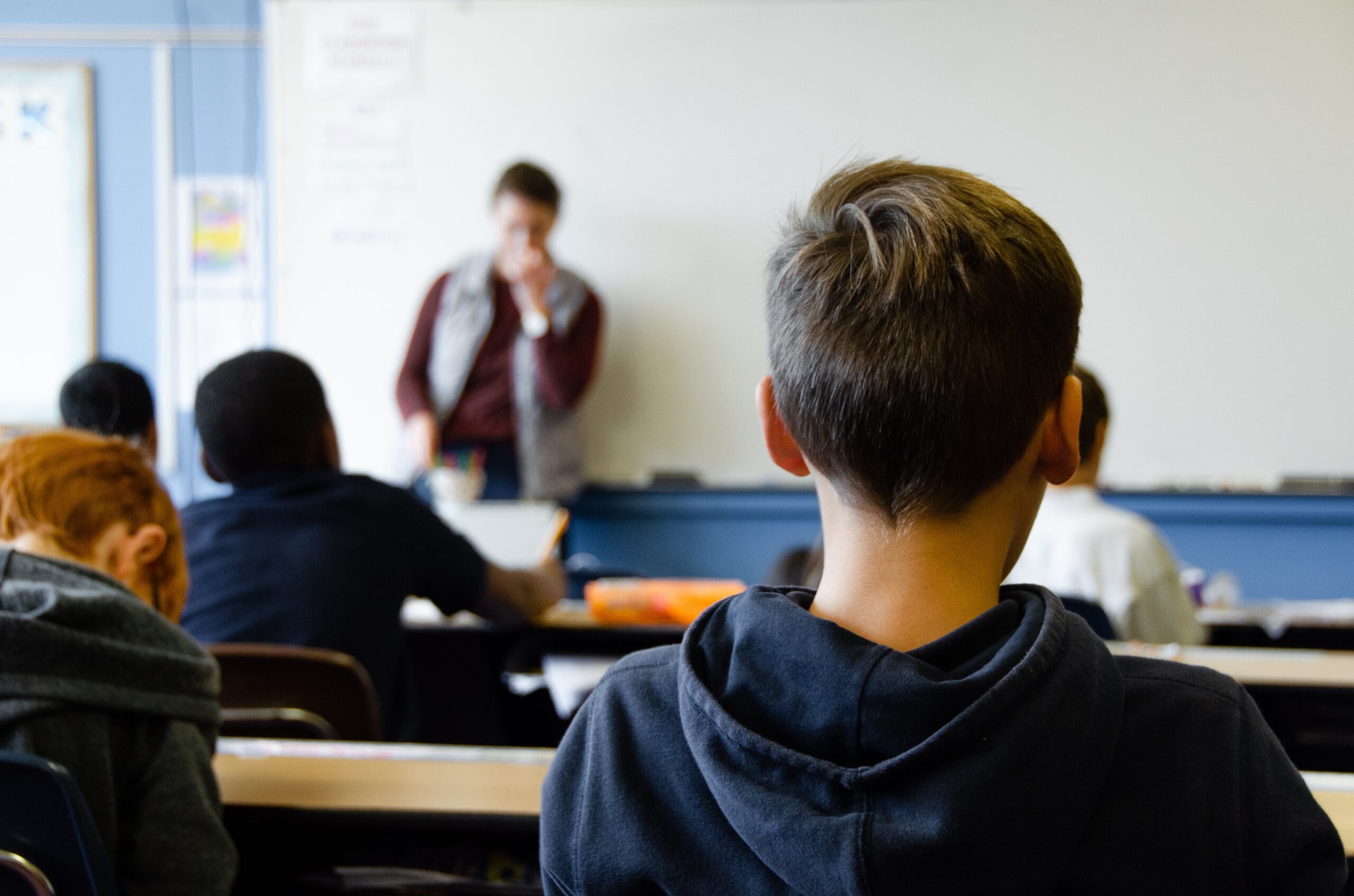In the realm of education, the interplay of motivation and learning is crucial for student success. Understanding the factors influencing educational achievement and recognizing the role of teacher effectiveness are essential components of creating an enriching and effective learning environment. This blog explores the applications of motivational and learning theories in schools, examining the factors that contribute to educational achievement and the impact of teacher effectiveness on student outcomes.
Motivational Theories in Education:
- Self-Determination Theory (SDT):
- Key Concepts: Autonomy, competence, and relatedness.
- Application: Encouraging student autonomy in decision-making, providing opportunities for skill development, and fostering positive relationships between students and teachers.
- Expectancy-Value Theory:
- Key Concepts: Expectancy (belief in success), task value (perceived importance of the task).
- Application: Emphasizing the relevance and importance of educational tasks, building students’ confidence in their abilities, and highlighting the value of academic success.
- Social Cognitive Theory:
- Key Concepts: Observational learning, self-efficacy, and reciprocal determinism.
- Application: Modeling desired behaviours, fostering a growth mindset, and providing constructive feedback to enhance self-efficacy.
Learning Theories in Education:
- Behaviorism:
- Key Concepts: Stimulus-response associations, reinforcement, and punishment.
- Application: Using positive reinforcement to encourage desired behaviours, creating a structured and supportive learning environment, and providing immediate feedback.
- Cognitive Constructivism:
- Key Concepts: Active learning, prior knowledge, and schema development.
- Application: Designing activities that engage students in critical thinking, connecting new information to existing knowledge, and encouraging collaborative problem-solving.
- Social Constructivism:
- Key Concepts: Social interaction, collaborative learning, and shared understanding.
- Application: Promoting group activities, discussions, and peer learning to foster social interactions and the co-construction of knowledge.
Factors Influencing Educational Achievement:
- Intrinsic Motivation:
- Application: Cultivating a love for learning by providing opportunities for student choice, autonomy, and creativity in the learning process.
- Teacher-Student Relationships:
- Application: Creating a positive and supportive classroom environment, establishing trust and open communication, and recognizing individual student needs.
- Cultural Relevance:
- Application: Incorporating diverse perspectives in curriculum design, respecting cultural backgrounds, and promoting inclusivity to enhance students’ sense of belonging.
- Goal Setting:
- Application: Encouraging students to set realistic and challenging goals, providing clear expectations, and celebrating achievements to enhance motivation and focus.
- Feedback and Assessment:
- Application: Offering timely and constructive feedback, providing opportunities for self-assessment, and using assessments as tools for learning rather than just evaluation.
Teacher Effectiveness:
- Classroom Management:
- Application: Implementing clear and consistent rules, creating a positive and structured learning environment, and addressing behavioural issues promptly to maintain an effective classroom.
- Instructional Strategies:
- Application: Utilizing a variety of teaching methods, adapting instruction to different learning styles, and incorporating technology to enhance engagement and understanding.
- Communication Skills:
- Application: Establishing effective communication with students, parents, and colleagues, providing clear instructions, and fostering a collaborative and supportive learning community.
- Adaptability:
- Application: Being responsive to the diverse needs of students, adjusting teaching strategies based on student feedback, and incorporating new educational research and technologies.
- Teacher-Student Rapport:
- Application: Building positive relationships with students, showing genuine interest in their well-being, and creating a safe and trusting atmosphere for open communication.
Conclusion:
The application of motivational and learning theories in the school setting is integral to fostering a positive, engaging, and effective learning environment. By understanding the factors that influence educational achievement and recognizing the impact of teacher effectiveness, educators can create an atmosphere that nurtures the development of motivated, lifelong learners. Through thoughtful application of these theories, schools can empower students to reach their full academic potential and prepare them for success in a rapidly evolving world.








